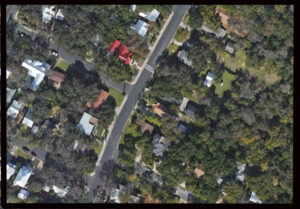
If you are looking for land to purchase in Austin, there are several important items to consider.
I’m an Austin Real Estate Broker and am experienced in selling and helping Buyers purchase land. Austin land purchase considerations should include:
- What is the cost of the land? If I pay $1,000,000 for 10 acres to build a shopping center does that cost fit within my budget? Or is $500,000 the most I can pay and still have a profitable project? What have comparable properties in this same area been selling for? If you can buy in this price range then you are “buying right”. How much am I going to pay in annual property taxes? A buyer will pay for a pro rata share of the taxes owed when the property is purchased, but remember that this is also an ongoing obligation. How much are annual property taxes and can I afford them?
3. What governing jurisdiction is the land located in? The City Limits? Is it in the Extra Territorial Jurisdiction (ETJ) of the City? Is it outside of these areas and in the County? The jurisdiction that the property is located in will dictate which rules and regulations need to be followed. They will be different if you are in the City Limits vs in the Extra Territorial Jurisdiction vs in the County. It might be advantageous to be in a particular jurisdiction – City A vs County as well. There might also be state and federal laws that will impact the development of the property.
5. Deed restrictions are private agreements and restrictions specific to the land in question. They are noted in the deed, and restrict the use of the real estate in some way. Deed restrictions can be attached to property whether it is zoned commercial or residential and are in addition to local, state and federal rules. Deed restrictions can be more restrictive than other governing rules.
2. Does the location work for the intended use? For example if someone is trying to build a convenience store is the site in a high traffic area? If it is a retail use is it “on the driving home side” of the street? Or if someone wants to build expensive homes is the location suitable or is it too close to commercial uses like an office building or a shopping center? What do the adjacent properties look like? Would I want to locate my intended use for the property next to what is currently located adjacent to this property? Is the property next door taken care of or if I purchase next to it will it diminish my property value?
4.If the property is in the City, what is the zoning category assigned to the property? The zoning category dictates the land use allowed on the property. If a property doesn’t have zoning or if a zoning change is to be requested then that will add to the time and cost. Something to keep in mind is that zoning change requests are not always approved.
6. Are there utilities to the site? Utilities would include water, wastewater, electricity, natural gas, telephone, and cable television. Water is the most important. Water and wastewater are typically the most expensive utilities to extend to a property. There are work arounds for a lack of water and wastewater such as drilling a well for water or constructing a septic system for wastewater. However these work arounds also involve ongoing maintenance and a limited lifespan.
8. What are the topographic conditions of the land? Is it flat or is there slope to the land? The more steep the slope the more it will cost to develop the land because of the necessary cutting and filling of the soil. In general flat land is preferred although a hillside location for a home or office can provide a very nice view.
10. An easement is a legal right to use another’s land for a specific purpose. Are there any easements on the property that might restrict or otherwise unduly affect my ability to improve the property? Examples of easements include public utility easements which allow utility providers to install and maintain utilities. Easements can also be the means of providing access to properties that do not otherwise have roadway frontage.
7. Is any portion of the property in a floodplain? If so then the buildable or developable area of the property will be reduced. This in turn typically will reduce the value of the property.
9. Is there roadway access to the property? If so is there an existing driveway and curb cut in place or will this have to be permitted and constructed? How likely is it that a permit can be obtained at this location or is there already a driveway nearby which might diminish the chances? Is the roadway in a state of disrepair? If so then what are the chances that the roadway will be repaired and how might this affect my planned use?
11. A lien is an encumbrance on one person’s property to secure a debt the property owner owes to another person. Before purchasing property it is important to determine through the Title Search and Commitment process if there is an outstanding lien on the property. It is best to have the property owner take care of liens before the buyer closes on the property because it is easier to leverage a lien being released.
Remember one of the most basic questions that should be asked about the property is – “Why is it vacant and why hasn’t something been built on it?”

